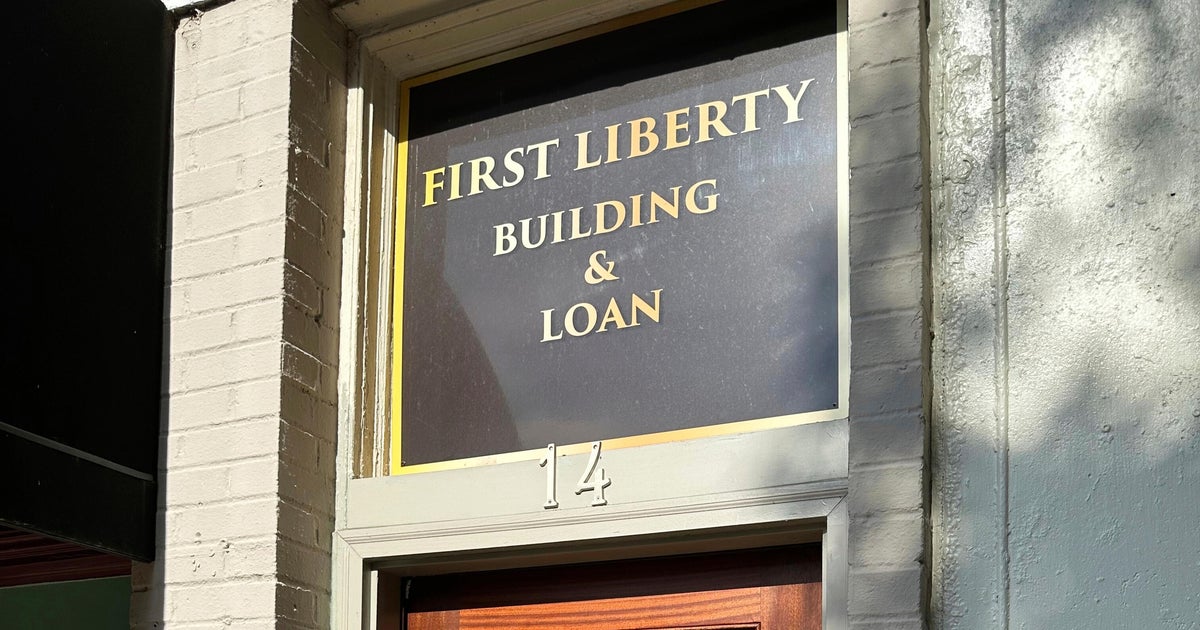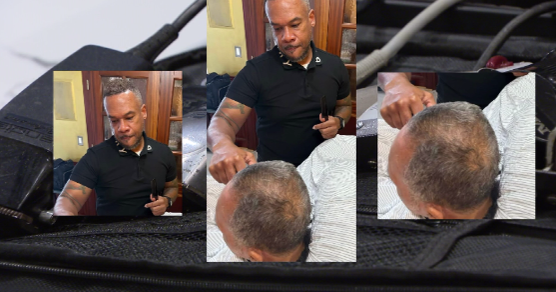National Consumer Protection Week: Wealth Building Schemes
BOSTON (CBS) - Infomercials – These are program-length TV and radio commercials that tout making money – easy money – in real estate, government loans or grants to start a new business.
Infomercials are aired usually on the weekends or late at night and are fillers. They interview some people who have been successful using their program to build wealth. They will also tell you that this particular person is not typical.
Sometimes they invite you to a free seminar where you can learn more about starting your own business or investing with them. They advertise on the radio and in the newspaper and they run full-page ads to get your attention.
These sales folks are slick! They are always attractive and well-dressed with silk monogrammed shirts and the men wear Martin Dingman crocodile leather shoes that cost over a $1,000 a pair.
Their sales pitch is very good for they have you believing their promises of success and easy money. You go to the seminar wanting to find a way to make easy money and they fill your head full of dreams and then they empty your pockets.
They usually encourage you to purchase program material: DVDs, CDs, books, newsletters, or computer software. All upfront. Right then, you need to sign on the dotted line! They will tell you this offer is only good for this seminar. They push you into making an immediate decision. Again, don't do it! My mother would have called them "Snake Oil Salesmen".
Another scheme is the Ponzi or pyramid scheme. This is what Bernie Madoff used. In the classic "pyramid" scheme, they attempt to make money solely by recruiting new participants into the program. The hallmark of these schemes is the promise of sky-high returns in a short period of time for doing nothing other than handing over your money and getting others to do the same.
How not to become a victim:
- Be skeptical – if it sounds too good to be true it probably is!
- Remember that celebrities endorsing these products are paid to do so.
- Be wary of promises of free money or low government loans.
- Don't be pressured into buying anything immediately. If it's such a good deal today it will be tomorrow also.
- Go home and think about it before buying anything!
- Ask about their refund policy. Do they have one?
- Check the company out with the state Attorney General's office. See if there are any complaints about them.
- Check with the Better Business Bureau.
- Never give them your credit card number!!!!!
If you have been a victim, report it to the Attorney General's office and the Federal Trade Commission. Make a complaint to the Better Business Bureau as well. Most individuals don't complain because they are embarrassed and feel foolish that they were conned.
Also, resist those letters that come in the mail requesting you send $1 to everyone on the list and to add your name to the list and send it off to 6 of your friends. It's just another version of the Ponzi scheme.







